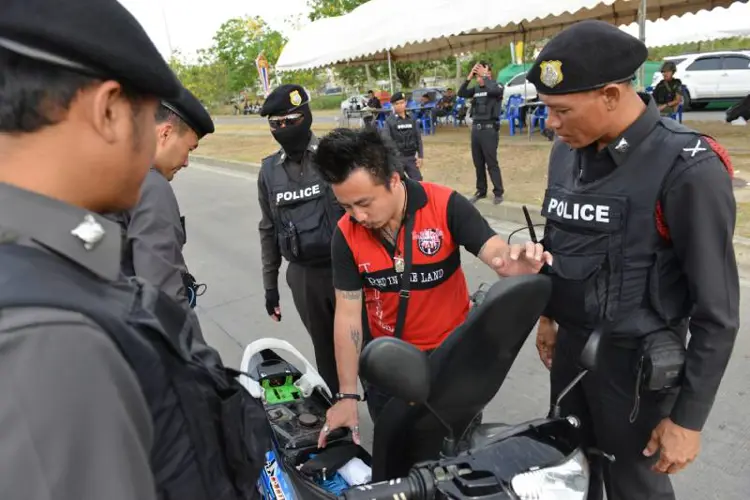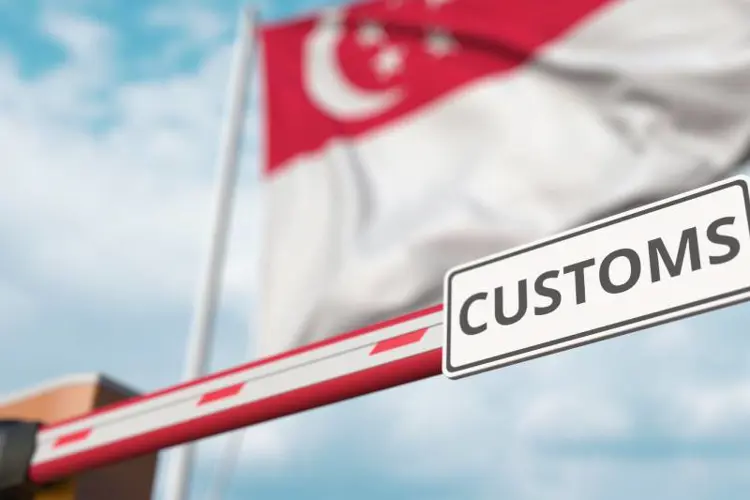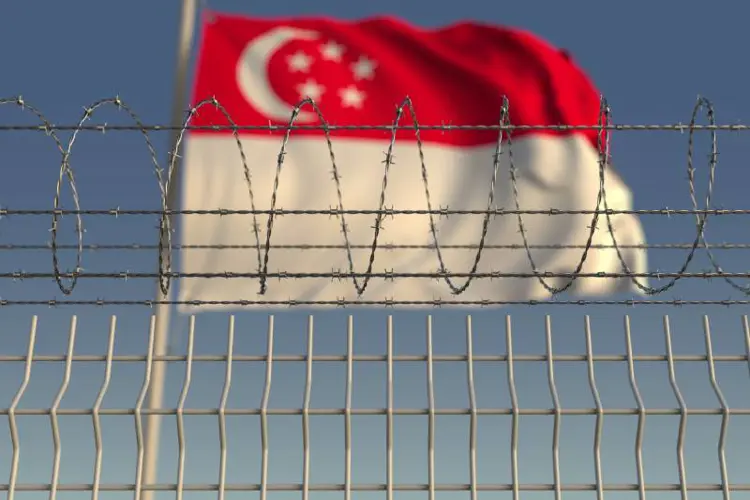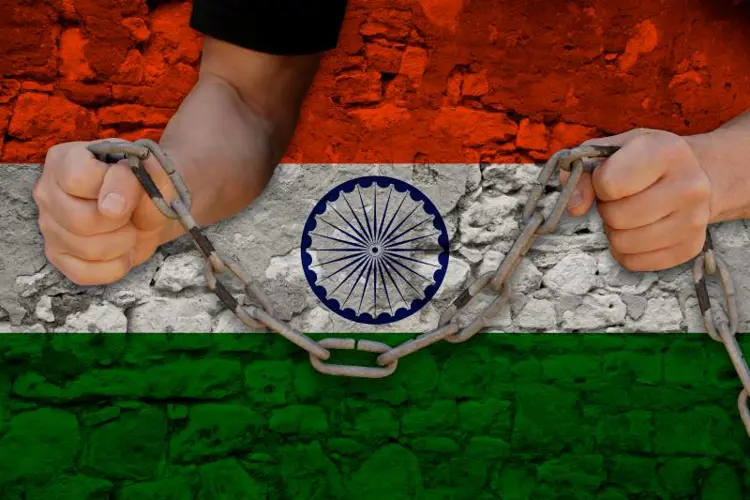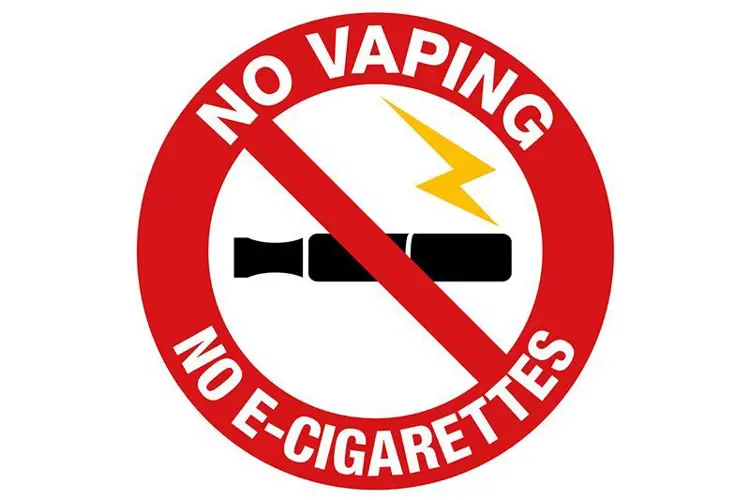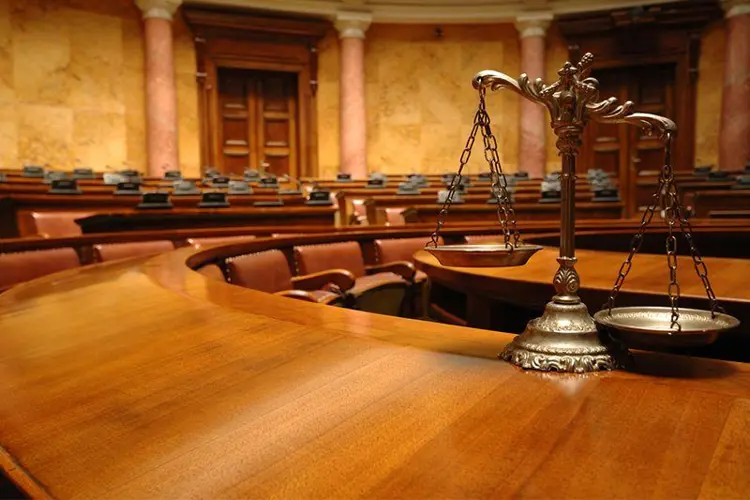In two South Asian countries that share borders with India, recent court decisions have put the brakes on government attempts to impose outright vape bans. As in India, which prohibited vape product sales in 2019, the bans in Nepal and Pakistan’s Punjab Province were predicated on misplaced concerns over youth experimentation.
Nepal: confusion over the legality of vapes
There is debate—even within the government—about whether Nepal’s existing tobacco control law prohibits the sale of vapes. A Ministry of Health and Population spokesperson was quoted in a 2022 news story saying there is no law specifically banning e-cigarettes, and the government has allowed imports of vape products and collected taxes on them..
That, however, didn’t stop the same agency’s National Health Education, Information and Communication Center from announcing a ban earlier this year. According to Nepal’s Vishwa News, the center issued a communication that cited the country’s 2015 Tobacco Products Control and Regulation Directive as the basis for prohibiting the production, import, distribution, public consumption, and advertisement of vapes.
Following the ministry’s action, customs officials began turning away shipments of imported vaping products, and a vape business, Vape Mandu Traders, filed a lawsuit against the government.
The Patan High Court ruled against the government, and ordered the ban lifted. The basis of the court’s decision is unclear, as is the course the government will follow going forward.
Nepal is a country of 31 million, located along the northeastern edge of India and south of Tibet.
Pakistan’s Punjab Province: enforcement without a law
Punjab is Pakistan’s most-populous province, accounting for more than half of the country’s 241 million residents. If the province were itself a nation, its 127 million people would make up the world’s tenth-largest national population. Punjab has five cities with populations over two million, including the provincial capital Lahore with 13 million.
In early June, Punjab’s Chief Minister Maryam Nawaz ordered a province-wide vape crackdown, including a ban on personal use, sales, distribution and advertisement of all vaping products, and the closure of vape shops. Provincial authorities were instructed to enforce the ban strictly, according to Pakistan Era and other news sources.
"The unchecked use of vapes among the younger generation poses serious health risks,” Nawaz said. “This decision has been made to protect our youth from long-term diseases and addiction." (No restrictions were placed on the sales of cigarettes or other combustible tobacco products.)
Over 70 vape businesses petitioned the Lahore High Court to overturn the provincial government’s actions, and on June 24 the courtissued an interim order allowing vape shops to reopen and do business, at least until a hearing scheduled for July 3.
At the July 3 hearing, the court ruled against the government, ordering no further actions be taken against vape businesses without a proper legislative basis. There is no law in Punjab (or Pakistan in general) prohibiting vaping product use or sale.
The lawyer defending the province told the court that a draft law banning vapes is currently in development. But High Court Justice Anwaar Hussain rejected any enforcement against vape businesses without a law in place, and noted that the government collected customs duties for the products being sold.
“Until a legal framework is established, no action shall be taken against the petitioners,” ruled Justice Hussain.
The Freemax REXA PRO and REXA SMART are highly advanced pod vapes, offering seemingly endless features, beautiful touchscreens, and new DUOMAX pods.
The OXVA XLIM Pro 2 DNA is powered by a custom-made Evolv DNA chipset, offering a Replay function and dry hit protection. Read our review to find out more.
The SKE Bar is a 2 mL replaceable pod vape with a 500 mAh battery, a 1.2-ohm mesh coil, and 35 flavors to choose from in 2% nicotine.
Because of declining cigarette sales, state governments in the U.S. and countries around the world are looking to vapor products as a new source of tax revenue.
The legal age to buy e-cigarettes and other vaping products varies around the world. The United States recently changed the legal minimum sales age to 21.
A list of vaping product flavor bans and online sales bans in the United States, and sales and possession bans in other countries.








